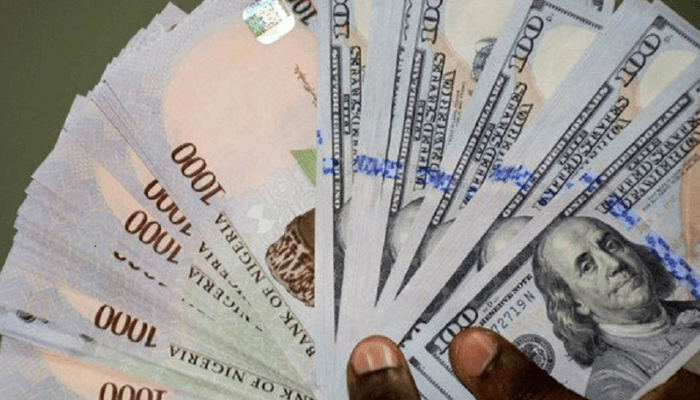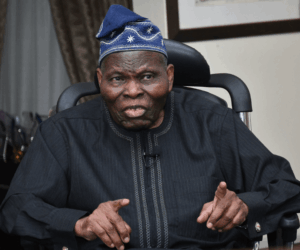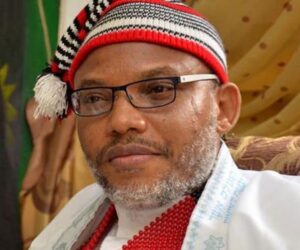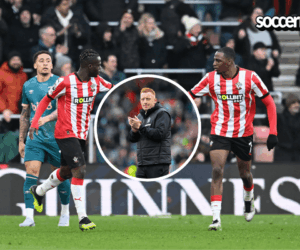The naira on Thursday converged at N1,455 per dollar in both the official foreign exchange (FX) market and the parallel market, effectively closing the exchange rate gap.
At the Nigerian Foreign Exchange Market (NFEM), the naira appreciated by 1.4%, with the dollar quoted at N1,455.23 on Thursday, October 2, 2025, the first trading day of the month compared to N1,475.34 on Tuesday, September 30, the final trading day of the previous month, according to data from the Central Bank of Nigeria (CBN).
In the parallel market, commonly known as the black market, the naira also strengthened, gaining N40 or 2.7% to close at N1,455 on Thursday, up from N1,495 on Tuesday.
Read also: Bloomberg sees Nigeria’s Naira rising on muted demand
Overall, the naira appreciated significantly in the official FX market throughout September 2025, gaining N50.75 against the dollar.
Yemi Kale, Group Chief Economist and Managing Director of Research and Trade Intelligence at the African Export-Import Bank (Afreximbank), highlighted the historical context of Nigeria’s exchange rate regime.
“For many years, Nigeria operated under a tangle of multiple exchange rates and administrative allocations. This opaque system created wide gaps between the official rate about N450 to the U.S. dollar at the time and the parallel market rate, often N700 or more.
Only a privileged few could access the cheaper official rate, while most businesses and households paid far more. This system encouraged corruption and rent-seeking, discouraged genuine exporters and investors, distorted price signals, and invited speculative attacks on the naira,” he said.
He added that the more transparent FX regime now in place has attracted a surge in foreign portfolio inflows (FPIs), which have helped stabilise the naira in the short term. However, he noted that foreign direct investment (FDI), which is critical for job creation and industrial capacity will take longer to rebound as investors assess the durability of the reforms, particularly in light of Nigeria’s history of policy reversals.









